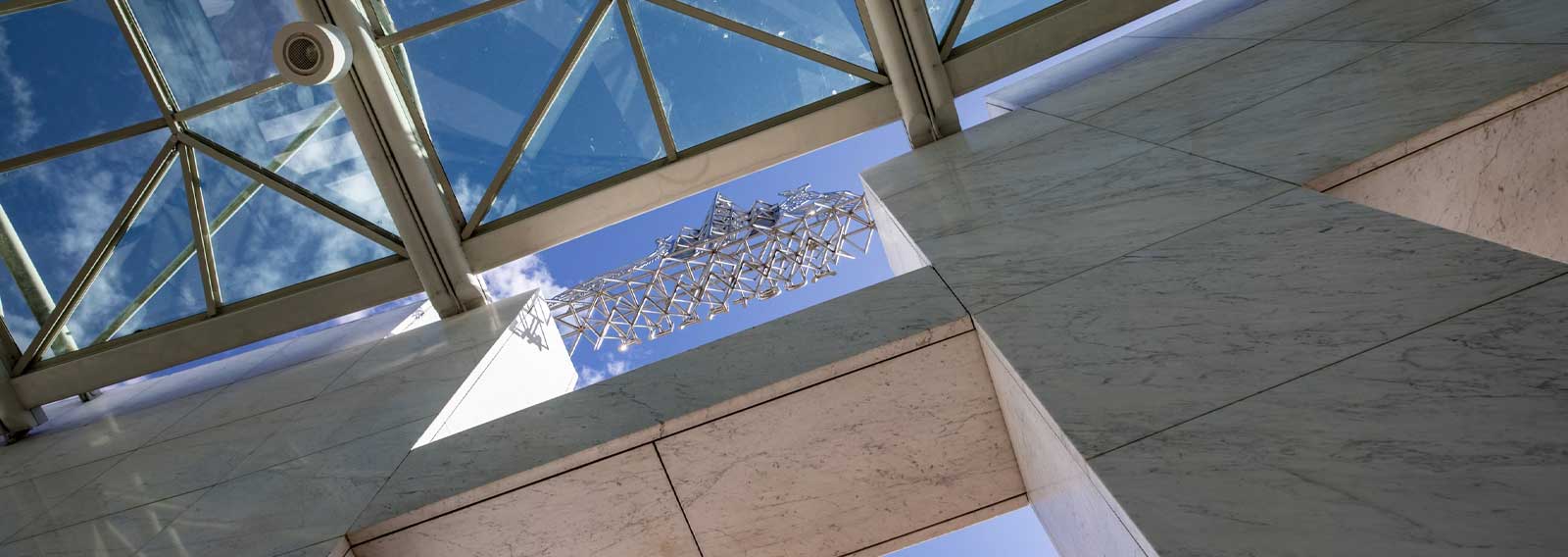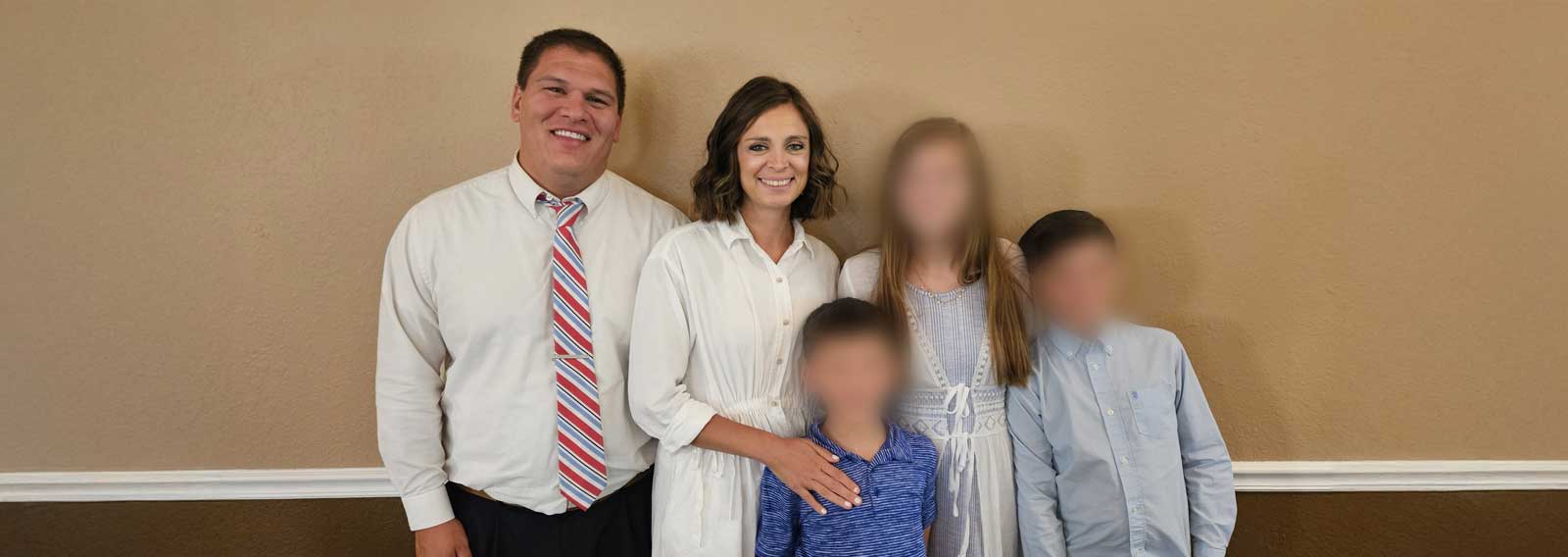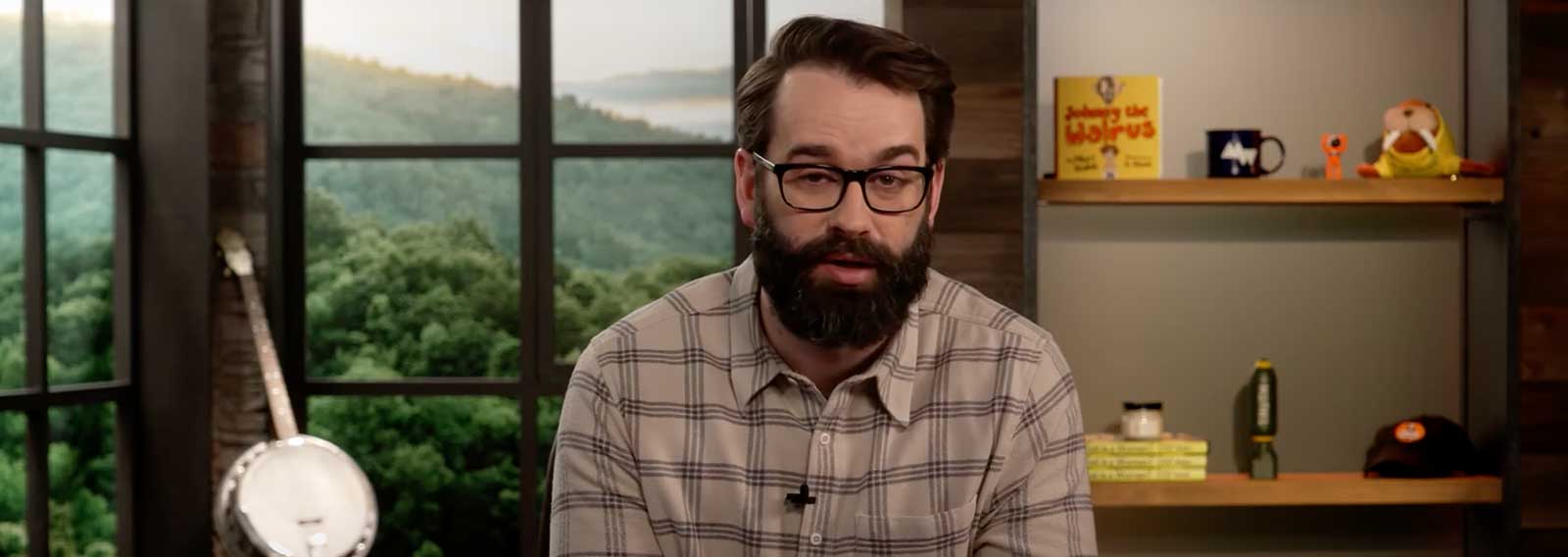A quick read of my title will send certain folks into a real spin. The secular leftists, misotheists and Christophobes would be getting ready to tear me to shreds. They will be screaming: ‘Religion and Politics? No way! Keep your lousy Christianity out of politics and out of my face! Church and state MUST be kept separate! Australia is a secular nation!’
Yes, that is exactly how the raging left responds whenever there are Christians daring to get involved in the political process. But the problem is, I am NOT speaking of Christians here, but of Muslims. I am speaking about a de facto Islamic political party. The only question is, will there be the same outrage and hate being poured on this move, or is it only aimed at Christians seeking to have an impact in the public arena?
I speak of course of WA Senator Fatima Payman and her just-announced Australia’s Voice party. Recall that she quit the Labor Party back in July because she thought it was not being anti-Israel enough and pro-Gaza enough, and she became an independent. But now the Muslim politician has just announced her new party.
She said this at its launch: “It is with great humility and deep responsibility that I announce the formation of Australia’s Voice, a new political party for the disenfranchised. We can no longer sit by while our voices are drowned out by the same old politics. It’s time to stand up, to rise together and to take control of our future.”
That was about it, and we are still left in the dark as to what she is attempting to do. So far, no policy details have been available. There is no word as to who is funding it. There is no hint as to how this can really be for all Australians. Will Jews feel welcome in what must be seen as mainly a Muslim Party? What will the new party’s position be on LGBTI issues and the like?
Australian freedom activist Monica Smit said this about her party:
When someone who openly hates the country they’re meant to be representing opens a party called ‘Australia’s voice’…you know they’re mocking every Aussie to their face! NO…you definitively are not AUSTRALIA’S VOICE. Maybe call your party ‘MUHAMMAD’S VOICE’…that would seem more accurate. Australia is a Christian country…deal with it or go home and fight for the voice of woman in Islam-run countries.
And many Australians are incensed with her name. As we read in an article in the Australian yesterday:
Furious Indigenous leaders have slammed Fatima Payman for claiming and rebadging the voice for her own political brand, as the former Labor senator refused to outline policies or reveal candidates. Senator Payman’s announcement on Wednesday that she would lead a breakaway political party named Australia’s Voice has angered some of Australia’s most distinguished Indigenous figures, who are in solemn reflection over the defeat of the voice referendum a year ago on Monday.
Uluru Dialogue co-chair Megan Davis, a Cobble Cobble woman and constitutional expert who worked on the voice process for 12 years, described Senator Payman’s announcement as “curious timing given it’s the anniversary of the referendum and many of our people are still grieving”….
Indigenous entrepreneur Sean Gordon, who joined fellow political conservatives in supporting the Indigenous voice through the Uphold & Recognise collective, said he saw the name of the new party as part of persistent and wrong-headed efforts to link the Indigenous rights movement with pro-Palestinian activism.
“The use of the term ‘voice’ by Fatima Payman for her new political party is a further attempt by the pro-Palestinian movement to leverage of the back of Aboriginal and Torres Strait Islander people,” Mr Gordon said. “This is no different to the pro-Palestinian movement who drowned out our voices on Australia Day early this year. The only day that Aboriginal and Torres Strait Islander people have to advocate our issues which are broadcasted locally, nationally and internationally.”
“I’m not surprised by the lack of respect shown by Fatima Payman toward Aboriginal and Torres Strait Islander people by using the term ‘voice’, this is no different to the NSW Minerals Council who also used the term ‘voice for mining’ for their 2024 campaign, which was a play on the Voice Referendum Campaign for Aboriginal and Torres Strait Islander peoples recognition.”
Politics and religion
But more should be said about this idea of a religious political party. As mentioned, the secular left wants all Christians completely out of politics – unless they happen to be hardcore lefties like themselves. And there have been various religious lefties in Parliament over the decades that the leftists have been quite happy to call their own.
It will be quite interesting however to see how they respond to this new party – clearly a religious-based party. We know the left has long been happy to cozy up to Islam, even though in Muslim-majority countries most of the leftist shibboleths such as homosexuality do not exactly fare very well.
I of course am more or less happy to see people of various faith traditions seek to make their case in the public arena. And within reason, they are welcome to set up their own political parties. However, the real issue becomes how much certain religious beliefs fall afoul of key Australian values such as democracy, rule of law, free speech, and so on.
It goes without saying that hardcore Islamists who hate the West and want to see sharia law established throughout the earth are not the sorts of folks that can be included here. Those who champion terrorism and support proscribed terror groups like Hezbollah and Hamas should not be allowed to live here, let alone be allowed to set up political parties.
So if Australian Muslims are quite willing to abide by Australian values and beliefs, and have left back home their anti-Western beliefs and values, they are welcome to live here, welcome to be involved in the political process, and welcome to live out their faith peacefully and respectfully of others.
And of course, it can be said that in a sense we already have a religious political party in power. Federal Labor is so hell-bent on wooing Muslims, especially in western Sydney, and placating horrific antisemitism in its own party, that it really is a religious party – a pseudo-Islamic party. It just was not quite radical enough for Payman to stay involved with.
As to how her party might fare in the days and months ahead remains to be seen. While she will especially want to target Western Sydney with all the Labor seats there in the Muslim heartland, one wonders if she will win any Senate seats, let alone House of Representative seats. So at this point, Labor may not be all that worried about this new party.
Another issue arises: Is she even eligible to be an Australian Senator? There are genuine questions as to Payman’s eligibility to sit in Parliament given her Afghan citizenship. See this new article for more details on this.
Separation of church and state
Since Australian leftists so often parrot the lame lines of their American counterparts, it is worth looking at the oft-heard phrase “separation of church and state” a bit more. A major question is this: does the US Constitution demand keeping religion out of politics? And is also true of countries like Australia.
The short answer is no. The historical background to how this phrase came about makes it clear that politicians never thought religion should be kept out of politics and the fate of the nation. Quite the contrary. But I have written extensively on this in previous articles, so sharing from one of those pieces is in order here:
Part of the response took the form of the First Amendment to the US Constitution. Ratified in 1791, it reads, “Congress shall make no law respecting an establishment of religion or prohibiting the free exercise thereof”.
The first ten words are known as the “Establishment Clause” and the last six words are known as the “Free Exercise Clause”. The first says the Federal Government should not establish a national denominational church, while the second says it should not interfere with religious freedom. In effect it promotes a freedom for religion, not a freedom from religion.
The authors of the First Amendment certainly did not have in mind the notion that religion should have no influence or bearing on the way public and political matters were conducted. Far from it. Indeed, it can be argued that the Founding Fathers spoke with one voice on the importance of religion in civic life. They did not see religion as a threat to democracy, but as essential to it.
It was Thomas Jefferson who first coined the now-famous phrase, “wall of separation between church and state.” And this was much later, in 1802. The phrase itself is nowhere to be found in the US Constitution. Jefferson used it in a letter to a group of Baptists in Connecticut with whom he was having a dispute. But in later correspondence and political rulings he clearly affirmed the thrust of the First Amendment.
I went on to say this about the situation today:
So just how do we understand this separation idea? Again, the main idea was that no one denomination become the official national church. Religious freedom was the aim, along with the prevention of sectarian strife.
But some might ask, Is not Australia a secular society? Yes and no. Various researchers have documented the many religious strands that went into the founding of Australia. Admittedly its history is much different from that of America, but it certainly was built on the Judeo-Christian worldview in varying degrees.
I was once asked by a journalist from a homosexual newspaper, “Is Australia a Christian nation, or should it be?” The answer is somewhat complex. In one sense no nation is or can be Christian. Only individuals can be.
But, as I asked the journalist, are there Christian principles that could be applied to this nation, that would make it a better place? Absolutely. If we simply focused on a few of the Ten Commandments, such as, Do not lie, Do not steal, Do not kill, that would certainly be a good thing if it were reflected in our laws and were part of the national psyche.
Indeed, a good case can be made that much of Western law is just that: based on Judeo-Christian principles. Our legislation did not come out of a vacuum, but was, to a great extent, clearly informed by biblical morality.
Most nations have laws on the books about murder, theft, rape, and so on. Those happen to coincide with biblical principles of morality. Thus it is interesting to hear secularists argue that religion should have nothing to do with our laws and politics. Nothing? What then do they intend? Should we repeal all laws on murder, theft and the like because they have a religious basis?
In sum, religion will always be a part of social, cultural and political life, including in the increasingly secular left West. But as I have argued elsewhere, not all religions are equal, and some are far more conducive to preserving and promoting the values and goods of the West than others.





















